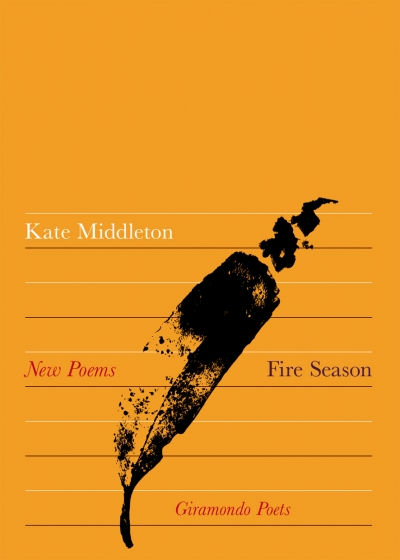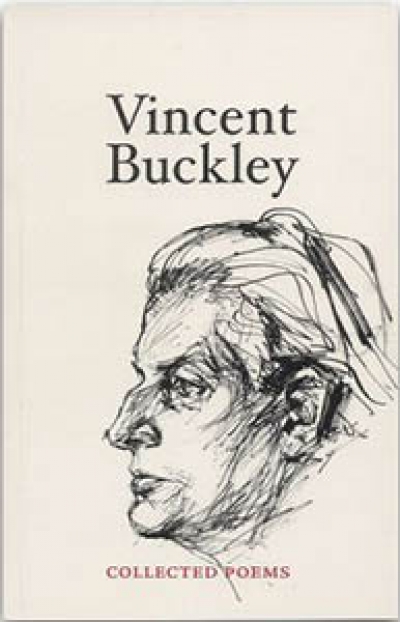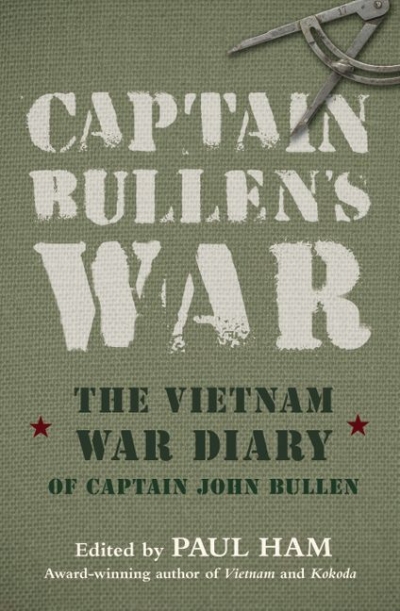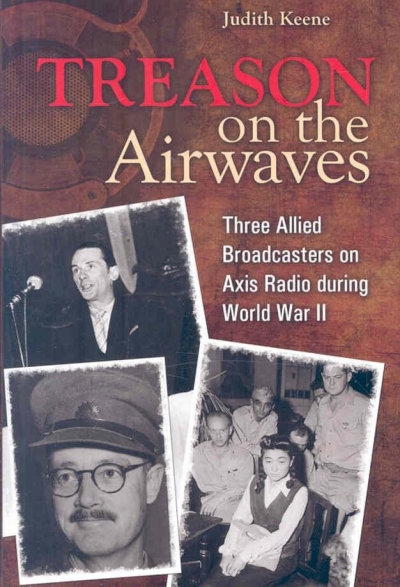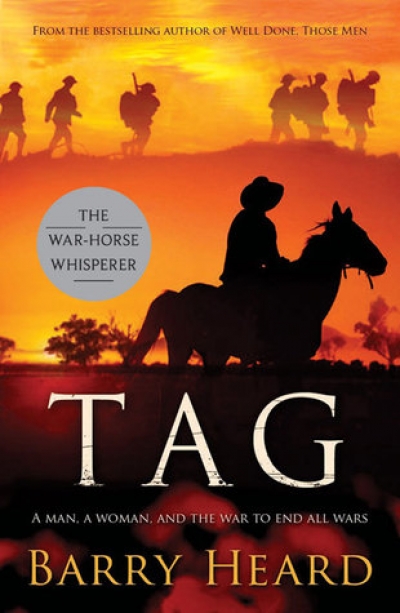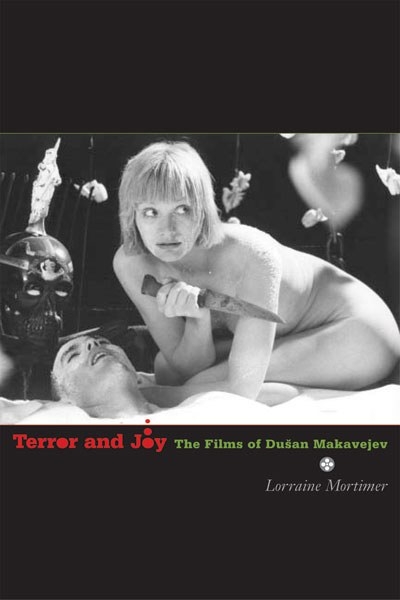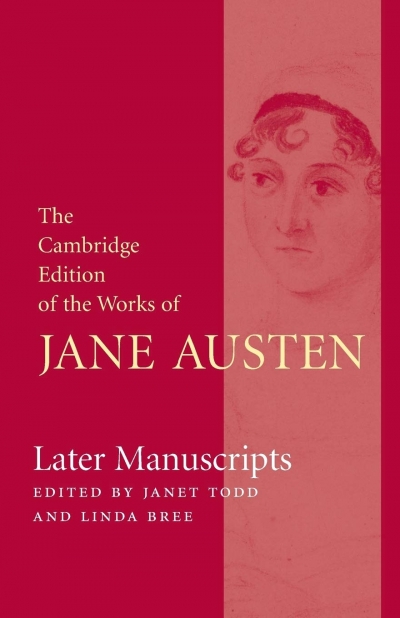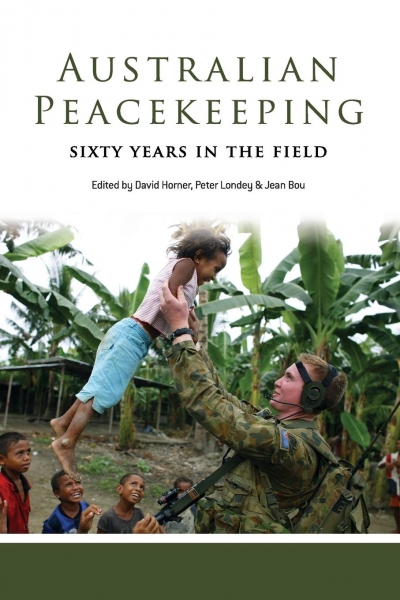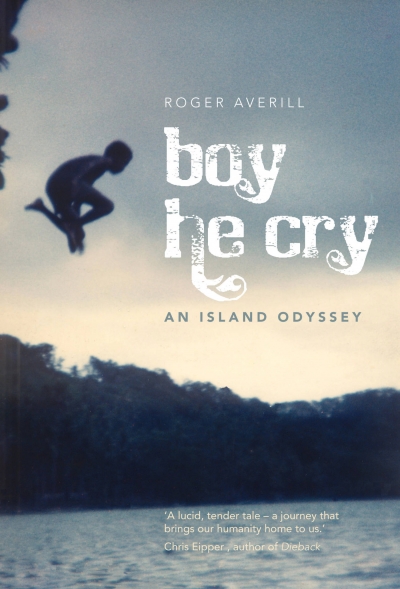Archive
Vincent Buckley edited by Chris Wallace-Crabbe & Journey Without Arrival by John McLaren
by Gregory Kratzmann •
Captain Bullen’s War: The Vietnam War diary of Captain John Bullen edited by Paul Ham
by Elisabeth Holdsworth •
Treason on the Airwaves: Three Allied broadcasters on Axis radio during World War II by Judith Keene
by Jock Given •
Tag: A man, a woman, and the war to end all wars by Barry Heard
by Adrian Mitchell •
Terror and Joy: The Films of Dušan Makavejev by Lorraine Mortimer
by Nick Prescott •
Later Manuscripts: (The Cambridge Edition of the Works of Jane Austen) edited by Janet Todd and Linda Bree
by Graham Tulloch •
Australian Peacekeeping: Sixty years in the field edited by David Horner, Peter Loney and Jean Bou
by Alex Bellamy •

